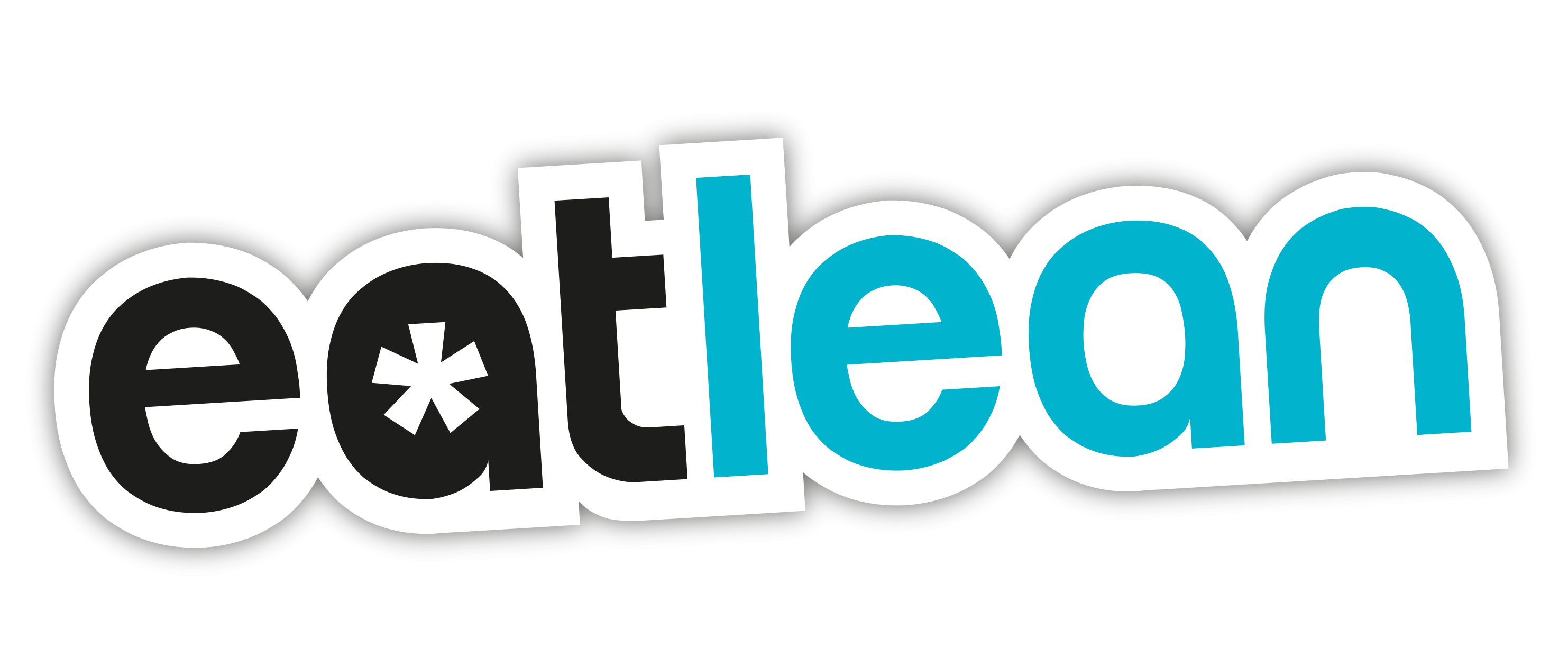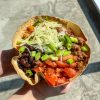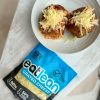Going Flexitarian? Here’s How To Nail It

Firstly, it’s probably best to define the term flexitarian.
A flexitarian will largely follow a vegan or vegetarian diet, whilst still consuming animal products on occasion.
If you’re toying with the idea of trying a vegan way of life, flexitarianism is a great place to start. It’ll give you a taste of what a vegan diet looks like, but with the flexibility of reverting back to meat / fish / dairy on certain days. You may choose to continue on a flexitarian diet for life – it’s not just a transition diet!
Many people initially choose to eliminate some animal products for both health and ethical reasons. But nowadays, our awareness of our individual carbon footprint has grown enormously. So if you want to become more sustainable without fully committing to a complete lifestyle change, going flexitarian could be the best way for you to start.
For me, adding new types of food into your diet is a great thing to do. And eating a wide range of foods and not eliminating complete food groups can be extremely beneficial for your health, so flexitarianism is a win-win.
The most common question I’m asked when people talk to me about reducing their meat consumption is “how will I get my protein and other essential nutrients?” The answer is simple, by eating a varied diet you can get all the protein and nutrients you need. Read on and I’ll explain.
Pulses and legumes are a fantastic source of protein as well as containing loads of fibre. Think chickpeas, lentils and the humble bean, for starters. By replacing your traditional sources of protein (even occasionally) with these, you’ll be doing your body a huge favour, particularly if your traditional diet contains a lot of processed meat. The fibre found in these foods has a proven record of reducing cholesterol as well as reducing the risk of developing cancer and strokes. Talking of cholesterol, nuts and seeds such as linseed (flaxseed), pine nuts, sesame seeds, sunflower seeds and walnuts are high in polyunsaturated fats which help to maintain healthy cholesterol levels and provide essential fatty acids. So don’t think you’ll be losing out by eliminating meat form your diet several times a week. It could actually be the opposite!
Don’t be alarmed as well if some of these foods sound alien to you. You’ll discover tons of recipes to awaken your taste buds. Some of the best curries that exist are meat-free. And as for the dhals – try one and you’re guaranteed to be blown away. There are also loads of different ways to make a meat-free chilli and tagines can make a really tasty dinner, especially when you start adding apricots and prunes to your cooking!
When we reduce meat in our diet, we tend to get a little more creative and adventurous in the kitchen. It’s natural for your fruit and vegetable intake to increase as vegetables will be included in many recipes and fruit becomes a great snacking option. So, even if you’re not looking for it, you may lose a little bit of weight (no guarantees here though sorry, it ultimately comes down to the amount of calories you’ll be consuming versus the amount you expend).
And by having meat or fish and other animal products once or twice during the week, you’ll get even more variety. It really is the best of both worlds.
So that’s the protein and fibre sorted. What other concerns do people tend to have? It would be remiss to ignore the obvious benefits of animal-based products. They contain a full set of amino acids (the building blocks which combine to make protein) as well as loads of other nutrients. But the great news is, that by varying your diet and having a few supplements to hand, you won’t lose out.
If you start to find your meat / fish /dairy days happening less often and the plant-based foods becoming more of the norm, take a look at the following as you may need to start either supplementing your diet for optimal health or keeping a check on your overall diet.
B12
Non animal-sourced foods like Marmite and unpasteurised sauerkraut both contain B12. The other option is fortified foods like milk substitutes and cereals. Check the label though as fortification is not compulsory (as is unlikely to be found in organic foods).
A deficiency in B12 takes around 2 years for symptoms to show so it’s important to address this nutrient at the outset of any change to your lifestyle. As this is such a key vitamin, a B12 supplement is recommended for anyone who consumes no animal products, regardless of the fortified foods consumed. But if you’re only having meat on occasion, it’s worth looking at from the outset.
Iron
A deficiency in iron usually manifests itself in tiredness and lethargy. But by eating a variety of beans, nuts, wholegrains and dark green leafy vegetables, iron can be consumed. Remember though to cook your vegetables and avoid eating them raw to get the maximum benefit. Also, try and consume iron alongside vitamin C – this will allow your body to absorb it more easily.
Calcium
This is important for bone health, regulating muscle contractions and in blood clotting. The best source of calcium is dairy, so on the days when you’re eating animal-based products, aim to up your dairy consumption with milk, yoghurt and eatlean cheese for example. On meat-free days, try to get your calcium from plant milk substitutes, tofu and other fortified foods (eg bread). And if you find you’re flexing more towards plant-based foods and further from animal-based products, consider a supplement.
Zinc
We need zinc to make new cells and enzymes, process energy in food and for immunity and wound healing. Aim to eat a variety of legumes, soy, bread and cereals.
Omega-3 fats
Particularly EPA and DHA are important for brain health and immune functions. Try to eat nuts with omega-3 (if no allergies) or even consider an algae-based supplement to avoid deficiency.
The last thing to discuss might be cost. Some types of meat and animal products can be costly, so going flexitarian can save a lot. The good thing is dairy is a cheap protein source compared to meat, which you’ll be able to see if you check out Eatlean prices.
So that’s it! Thinking of giving flexitarianism a go? What have you go to lose? You’ll be benefiting from the best of both worlds, and seeing as research indicates that the more food variety you have it helps your gut health, you’re winning on many levels.





